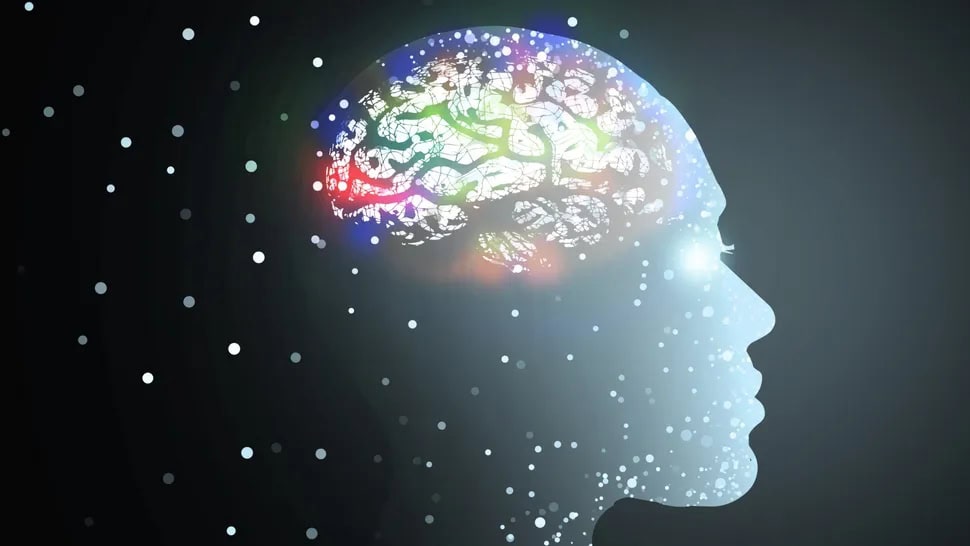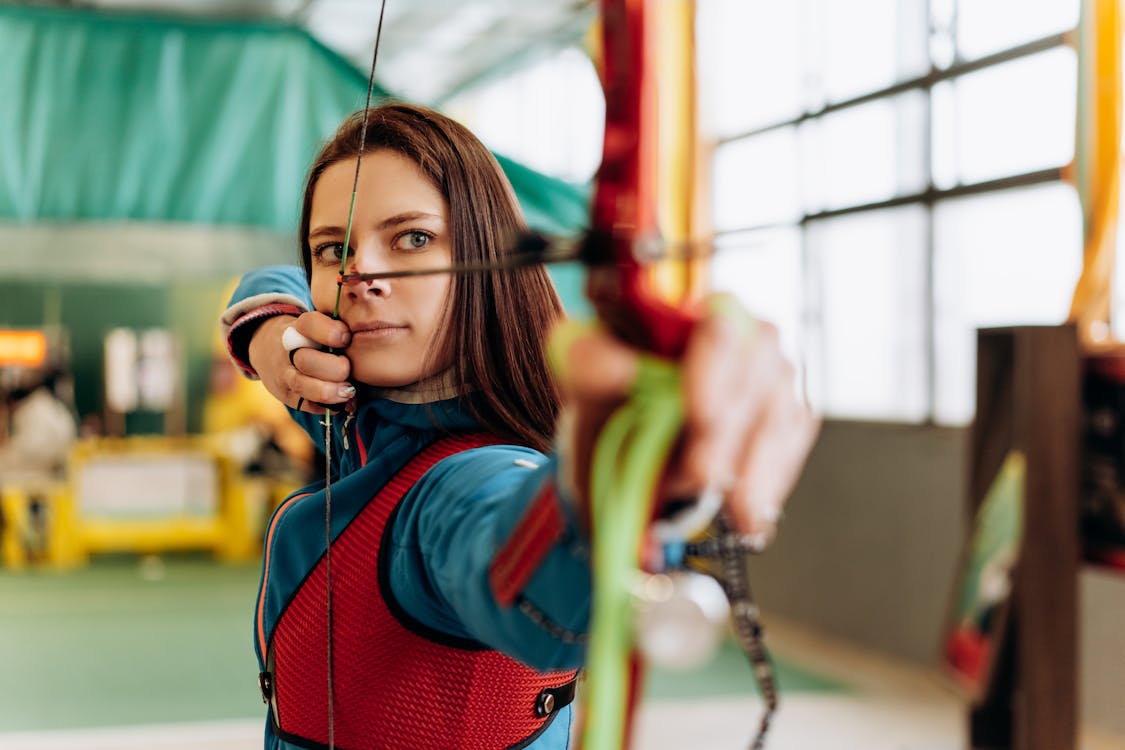Many users of ChatGPT, an AI model created by OpenAI, think it has feelings and experiences like humans do, a recent study reveals.
What the Study Found
Researchers conducted a study on how people perceive AI like ChatGPT. They found that a significant number of users believe these AI models have consciousness or something similar. This belief persists despite knowing that AI operates based on algorithms and doesn’t have feelings or awareness.

In the study, participants were asked about their interactions with ChatGPT. Some expressed surprise at how “human-like” ChatGPT’s responses seemed, leading them to attribute human qualities to the AI. For example, users mentioned feeling understood or even comforted by ChatGPT’s replies, especially in conversations where emotional topics were discussed.
Understanding AI and Consciousness
AI models such as ChatGPT are designed to understand and generate human-like text based on vast amounts of data. They can chat, answer questions, and even provide suggestions, but they don’t actually think or feel. Despite this, users often anthropomorphize AI, attributing emotions and consciousness to them.
This phenomenon is not new. People have historically attributed human characteristics to non-human entities, from pets to machines. In the case of ChatGPT, its ability to generate contextually relevant responses can create a perception of understanding and empathy. However, it’s important to remember that these responses are generated based on patterns in data rather than actual emotions or consciousness.
Implications and Future Research
The study’s findings raise questions about how people perceive and interact with AI technology. It suggests that as AI becomes more integrated into daily life, understanding these perceptions is crucial. Users’ beliefs about AI’s capabilities could influence their trust in AI systems, willingness to use them, and even ethical considerations surrounding AI development.

Moreover, exploring these perceptions can help developers and researchers improve AI interaction design. By understanding why users anthropomorphize AI and how these beliefs affect user experience, developers can design AI systems that meet user expectations while also clarifying the limitations of AI technology.
In conclusion, while ChatGPT and similar AI models are powerful tools for generating text and assisting users, they do not possess consciousness or emotions. The study underscores the need for continued research into how AI is perceived and the implications of these perceptions on technology development and societal acceptance.
Insights From Sports Psychology Research: What You Need to Know
Understanding Sports Psychology
Sports psychology explores how the mind influences athletic performance. Researchers study mental aspects like motivation, confidence, focus, and resilience to enhance athletes’ abilities and achievements.

This field helps athletes optimize their mindset for peak performance.
Key Findings and Techniques
Studies reveal several techniques to improve performance:
Visualization: Imagining success helps athletes prepare mentally.
Goal Setting: Setting specific, achievable goals enhances motivation and focus.
Self-Talk: Positive self-talk boosts confidence and resilience during competition.
Mindfulness: Techniques like deep breathing reduce stress and improve concentration.
Real-World Applications
Sports psychology isn’t just for professionals; its principles apply to everyday athletes and fitness enthusiasts. Techniques like visualization and goal setting can help anyone improve their fitness goals or sports performance. Understanding these psychological strategies empowers individuals to achieve their best, both on and off the field.

In summary, sports psychology research highlights the power of the mind in athletic achievement. By incorporating mental strategies into training and competition, athletes can enhance performance and achieve their goals more effectively.